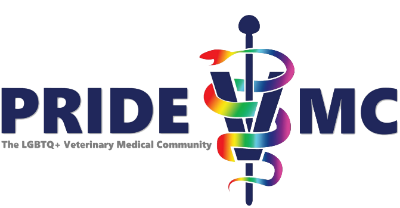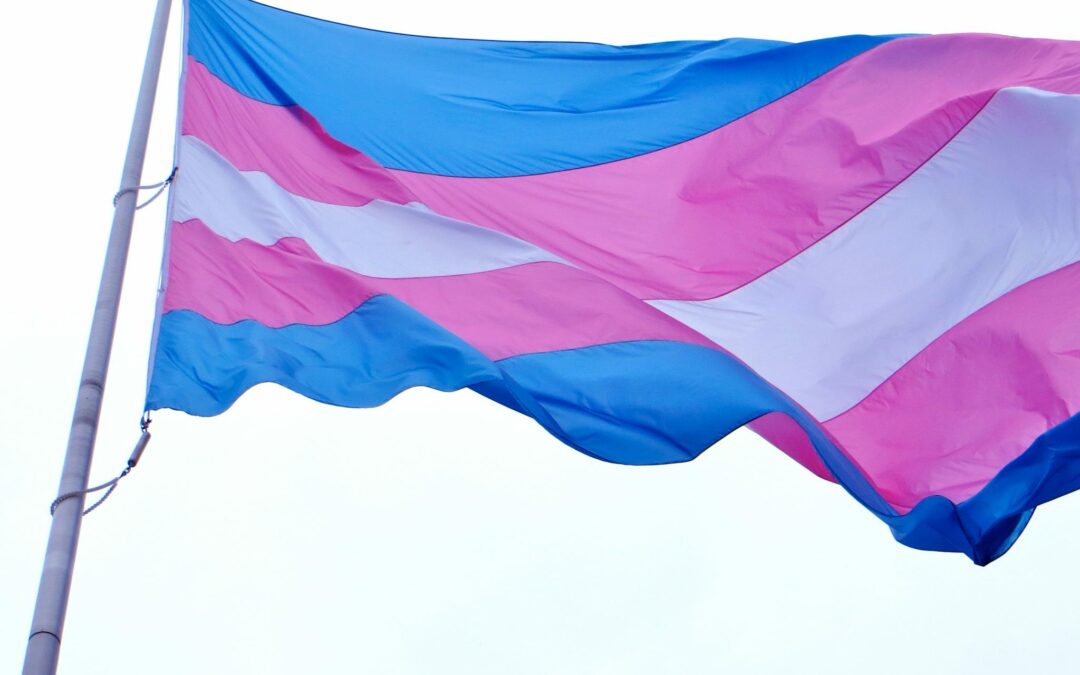By Katherine M. Shenar (She/Her), CAWA
Originally published on March 17, 2021. Reposted with permission.
Around six years ago I went to dinner with a friend who I hadn’t seen in months. So, I was excited to spend one-on-one time and catch up. Like many dinners before, the conversation was easy and filled with laughter and robust discussion about current events. Toward the end of our meal, my friend seemed somewhat downhearted as they began talking about something I gleaned as very important. I cannot remember the exact words, but I recall them being something like, “You are very important to me. We’ve been friends for a long time, so I feel bad that I’ve kept something from you.”
They proceeded to share they are transgender, and had recently completed a Gender Affirming Surgery (not all transgender individuals have surgery). I was flummoxed. It had never occurred to me that my friend was born a gender other than what they presented to the world. As I listened carefully to their story, my heart burst with a zillion emotions all at once: confusion, happiness, amazement, curiosity, and pride. But I couldn’t imagine the horde of emotions I was experiencing could compare to what I assumed my friend felt during this admission. When they finished recounting their lived experience of transition, I believed they were seeking some type of response from me. In those few seconds, I knew how I responded would forever impact the trajectory of our friendship. I wanted them to know that I loved them. I wanted them to know that what they just shared was heroic. I wanted them to know that I believed our friendship would strengthen because of this admission, not falter, fizzle, and fade. I knew they were taking a huge, personal risk in sharing this intimate knowledge with me.
My intent was to make them laugh and exhale. I wished endorphins to surge into their brain along with a feeling of relief that I accepted them and loved them. So, after what must have felt more excruciating than dental surgery, I responded with, “You know, I already like you, so you don’t need to make yourself seem cooler to me. Caitlyn has come out and suddenly everyone wants to be transgender.” I wish I could take that response back a hundred times over. My goal was to send a message that this was welcomed news to ease their anxiety, yet, in hindsight, I should have said something more compassionate like, “Thank you for sharing this with me. I am honored to learn this about you,” or perhaps, “Thank you for trusting me with this gift.”
I will never get that moment back. I missed the opportunity to honor and venerate a significant friendship milestone. Instead, my remark was flippant and insensitive, assuming anyone who had taken this journey would classify it as “cool” or the latest trend in pop culture. We continued the conversation, which I recall as being more focused on the pragmatic logistics of living life as the gender opposite of what you were born. I was so proud of my friend for going through this process, having the determination to live their truth, and for courageously living their life. I also understood the importance of respecting their privacy and assured my friend that I would maintain their confidence. (Disclosing this information can be anxiety-provoking which is why responding compassionately and maintaining confidentiality is paramount.)
Long after we had finished dinner and returned to our respective homes, I kept thinking about my friend and admiring their bravery. I wanted them to feel supported and treasured. I was excited that we had this new bond and grateful they trusted me with this knowledge. Unfortunately, my desire to celebrate with them crushed any emotional intelligence I possessed. I called them on the phone and started asking what I believed were innocuous questions driven by my privileged curiosity. And that’s when I asked them what their name used to be. As soon as I asked the question, I could tell my friend was uncomfortable. They explained that they had put that name behind them, and they were focused on the current and future state. This question can be just as intrusive as asking about their surgery status, genitals, or which gender they prefer to date. When was the last time someone asked you about your vagina or penis? I’m thinking never.
Since that hurtful moment when I asked their former name, I have learned this question actually has potential to deeply hurt or generate anxiety for transgender individuals. It is a privilege for cisgender individuals to share their name and gender. It’s something we take for granted. It is a privilege that we participate on social media with #ThrowBackThursday by sharing childhood photos. It is a privilege when we complete job applications that only have Male/Female options. It is a privilege when we visit gender marked restrooms. And it is a privilege not being more likely to become a victim of violence because we are cisgender. According to a survey conducted by the National Center for Transgender Equality (NCTE), more than half of transgender individuals experience intimate partner violence (54%). If you are transgender and Black, the data reveals that 53% of the transgender population have been sexually assaulted in their lifetime. Violence resulting in fatality is disproportionately higher for Black and Lantinx transgender individuals – a June 2020 report stated nearly 80% of transgender murder victims were Black.
Knowing the statistics are less than favorable, imagine navigating the workplace as a transgender employee. The fear for transgender individuals to share this information with their employer cannot be underestimated. In a survey conducted in the past decade, more than 90% of transgender, nonconforming people reported being discriminated against at work. In April 2020, Harvard Business Review published the article Creating A Trans-Inclusive Workplace. This is a must-read for the supervisors, middle-managers, directors, and C-Suite of your organization. Having a positive and supportive plan in place to communicate an employee’s transition to the broader organization should now be an essential component in the HR toolkit.
I’m sharing my story with you so you can think proactively about what you might say to someone who shares this gift with you, whether they are a work colleague, employee, friend, or even family member. I can’t fathom any more difficult rite of passage like coming out as LGBTQIA+ to family, friends, or work colleagues. The vulnerability and courage required to risk relationships with family and friends is unmatched in my opinion. Fortunately, there are recommendations for how you can be an ally, such as GLAAD’s Tips for Allies of Transgender People. Other resources, like Johns Hopkins Center for Transgender Health, will help you understand why not all transgender individuals transition or the importance of respecting and honoring pronoun preferences.
I hope you will learn from my fumbles so you can better respond when someone shares their truth of being transgender. I am both humbled and happy to report that my transgender friend is still very much in my life. Their forgiveness and patience with me are the greatest gifts I have received in our friendship – not the knowledge of them transitioning. My friend deserved better from me, so I am dedicated to honoring someone I love by learning, listening, and advocating for transgender equality. Please join me on this journey by promoting diversity, equity, and inclusion in animal welfare. I welcome the company.
Learn more
The Association’s Diversity, Equity, and Inclusion Resources & Training Package
Photo: Dance4Life.com
Katherine M. Shenar (She/Her), is the Executive VP of The Association of Animal Welfare Advancement. To learn more about their role in animal welfare please visit https://theaawa.org/.






